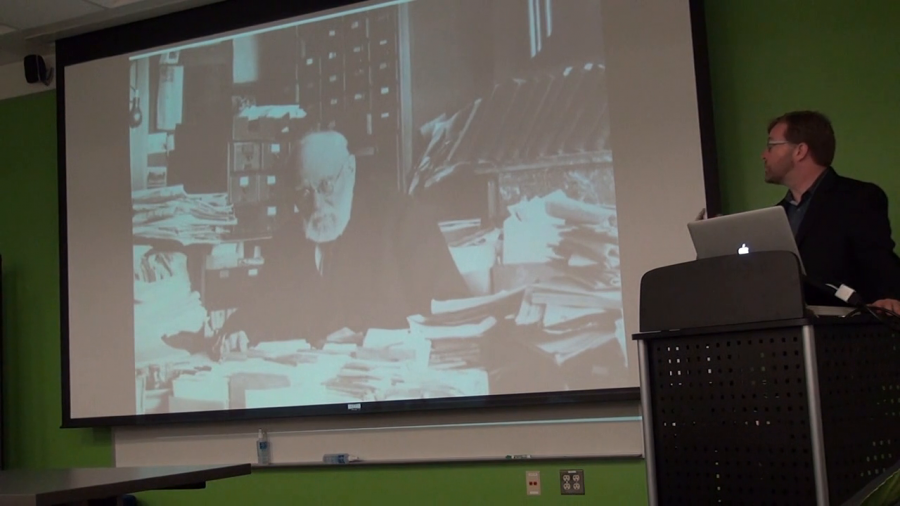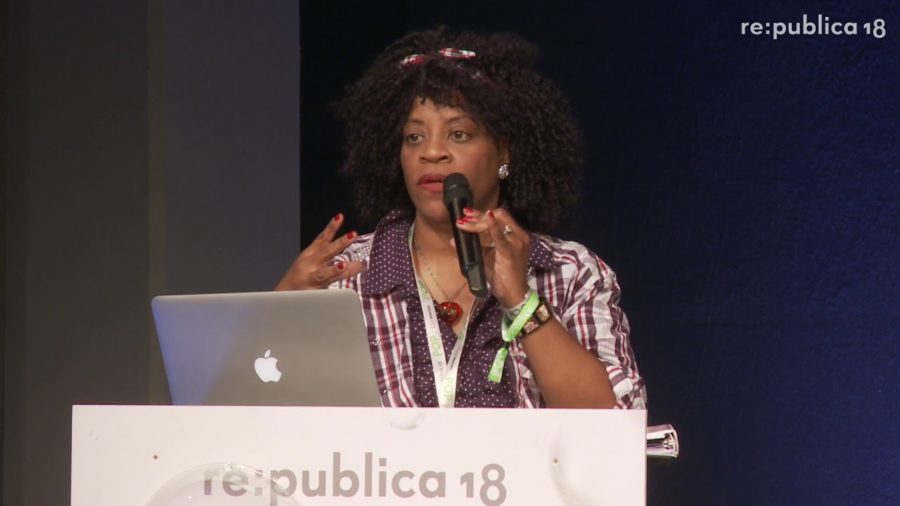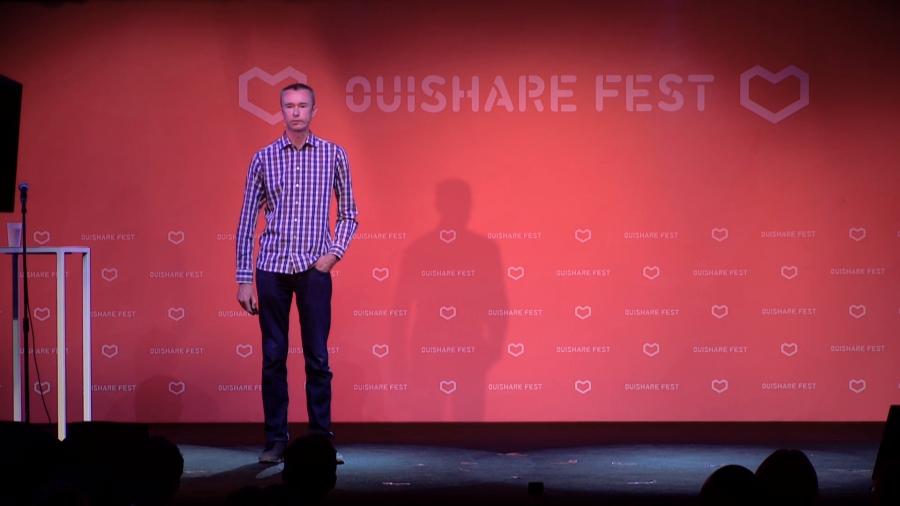I do disability and sexuality education. And activism and advocacy around sexuality and disability issues, and reproductive health issues. And I want to teach the world that people with disabilities have the right and ability to give and receive pleasure.
Archive
Conversation has been consistently a model in my head of being human. For quite a while I’ve spoken about how we’re not taught at any time in our life how to ask a question, and how to talk on the phone. And most people think they know how to ask a question, and they know how to talk on the phone. And yet I found that 98% of questions are either bad questions or speeches. And most phone calls are terrible.

I wanted to give you a little bit of perspective on Otlet’s broader vision, which I think is in a way even more interesting as a reference point for thinking about some of the changes we’re seeing today as our lives are increasingly reshaped by technology and networks. What Otlet offers is a different way into that space, and a different way of thinking about what a networked world could look like.


